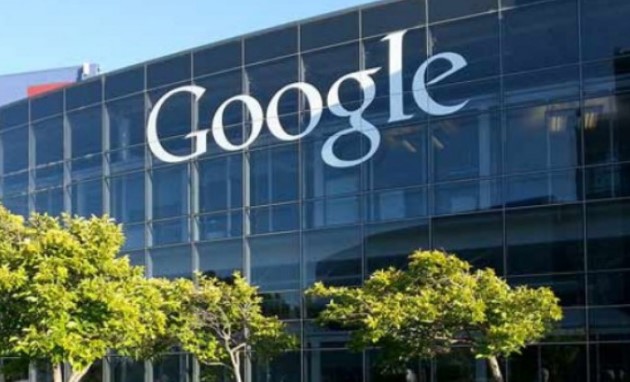Our Terms & Conditions | Our Privacy Policy
UK CMA accuses Google of manipulating ad auctions
The United Kingdom’s competition regulator says Google is using anti-competitive practices in its ad tech business. As per its preliminary investigation, the Competition and Markets Authority (CMA) of the UK believes that Google’s anti-competitive behavior could harm thousands of UK publishers and advertisers.
The regulator found that most advertisers and publishers rely on Google ads to bid for, and sell, advertising space. It is concerned that Google is abusing its dominance in the advertising sector and disadvantaging competitors by practices such as manipulating advertisers’ bids so that their bids have a higher value when submitted into AdX’s auction.
How does ad tech work?
The CMA explains that ad tech stack is made up of various players that facilitate the display of advertising on websites or mobile apps between sellers (digital publishers) and buyers (advertisers). When a user opens a website or an app, there are near instantaneous auctions which determine which ad the user will see on that webpage or app. This process involves the seller sending requests for bids and the advertiser sending in their bids to the publisher via intermediaries, with the advertiser that bids the most eventually getting the space.
What is CMA concerned about?
CMA’s investigation focuses on Google’s role as an intermediary in three key parts of the ad tech chain:
- Google Ads and DV360: Google operates these service for advertisers to buy ads.
- DoubleClick For Publishers (DFP): Google operates this service for publishers to manage their ad inventory.
- AdX: This is an advertising exchange to receive requests for bids from publishers and responding bids from advertisers, and then conduct an auction to match these two sides. Google charges 20% of the bid amount as fees for AdX, making it the most expensive adtech service the company offers.
The CMA found that since 2015, Google has been self preferencing. For context self preferencing is when a platform directly or indirectly favors its own products and services. It does so through the operation of both its buying tools and publisher ad server in order to strengthen AdX’s market position and also to protect its competitive advantage compared to other ad exchanges. Further, due to the highly integrated nature of Google’s advertising business the company is also preventing rival publisher ad servers from effectively competing with DFP.
How is AdX getting preferential treatment?
CMA argues that with AdX Google has been:
- Providing adertisers that use the Google Ads’ platform with preferential treatment to AdX.
- Manipulating advertisers’ bids so that their bids have a higher value when submitted into AdX’s auction than when submitted into rival exchanges’ auctions.
- Allowing AdX to bid first during ad space auctions by DFP, this means that if AdX meets the bid’s criteria (like a minimum price set by the publisher), the auction might end there, without other ad exchanges getting a chance to bid.
The CMA has sent a statement about the same to Google on September 6 and will consider Google’s representations from Google before reaching its final decision.
Other anti-competitive investigations into Google’s advertising business:
This isn’t the first time that Google has been pulled up for alleged anti-competitive behavior. In January 2023, the US Government filed a lawsuit against Google alleging that the company used anticompetitive practices in the digital advertising (ad tech) market. The US government argued that Google’s practices had led competitors to “abandon the market for ad tech tools”. According to a report by CNBC, the trial for this lawsuit is set to begin on September 9.
Advertisements
In June 2023, the EU also began an anti-trust investigation into Google and then earlier this year, the UK’s Competition Appeal Tribunal (CAT) ruled that Google would have to face a lawsuit of up to £13.6 billion for its dominance in the advertising market. Similarly, the Indian industry body Alliance of Digital India Foundation (ADIF) has also accused Google of anti-competitive behavior in its advertising business in August this year. The body alleges that Google is self-preferencing its products together like DoubleClick for publishers with AdX and Display & Video 360 with AdX.
Also read:
STAY ON TOP OF TECH NEWS: Our daily newsletter with the top story of the day from MediaNama, delivered to your inbox before 9 AM. Click here to sign up today!
Images are for reference only.Images and contents gathered automatic from google or 3rd party sources.All rights on the images and contents are with their legal original owners.



Comments are closed.